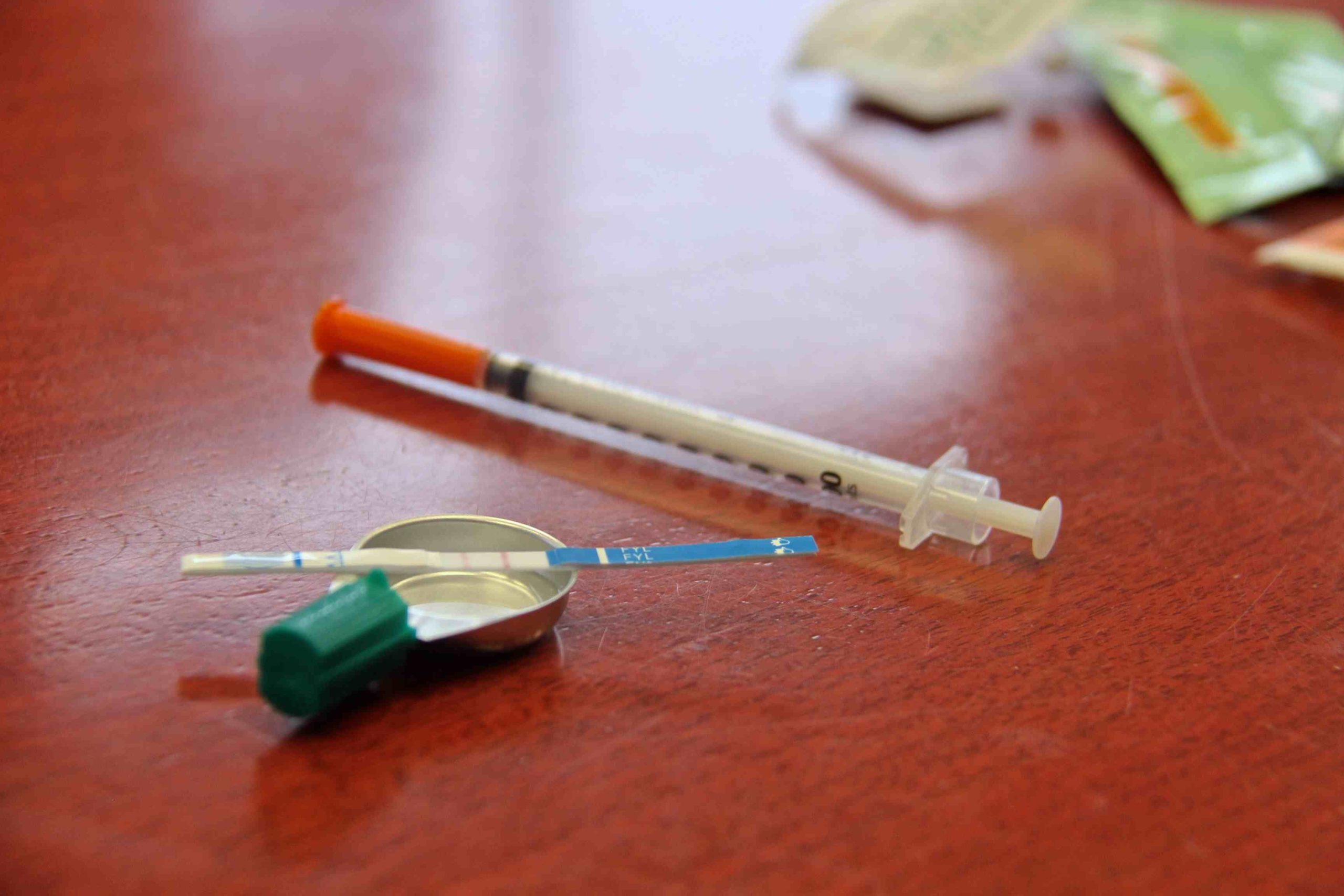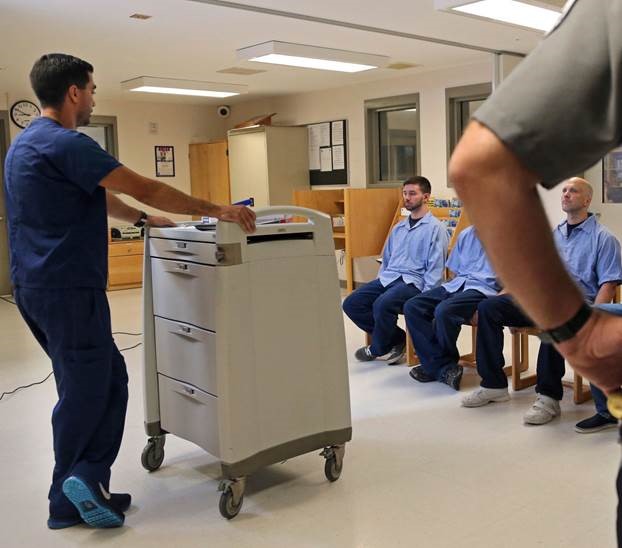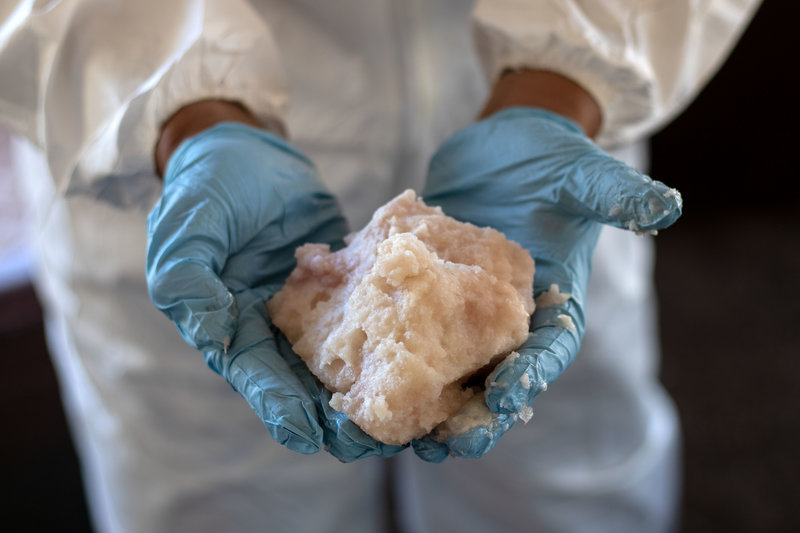Pharmacists and Buprenorphine: Analysis of State Laws and Regulations
In collaboration with the University of Rhode Island College of Pharmacy, the Legislative Analysis and Public Policy Association (LAPPA) recently released "Pharmacists and Buprenorphine: Analysis of State Laws and Regulations." Funded by the Foundation for Opioid Response Efforts (FORE) Foundation, this project, named Pharmacy Bridge, focused on a demonstration of the real-world application and outcomes of two innovative models of pharmacy-based, low-barrier buprenorphine induction and maintenance services: (1) collaborative care through a collaborative practice agreement (CPA); and (2) independent pharmacist prescribing of buprenorphine. The report contains state-by-state descriptions and analyses of relevant statutes and regulations as well as a detailed summary of overall findings....













